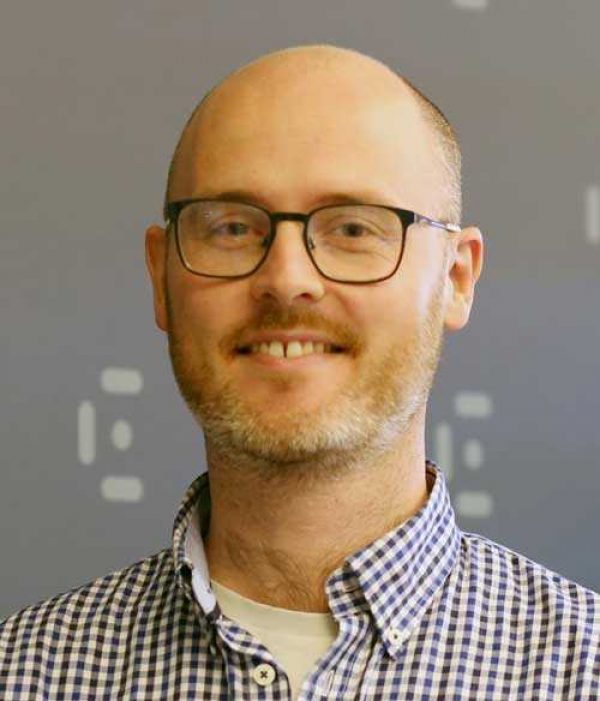Healthcare professionals struggle to obtain information about which medicines their patients use
A national joint digital patient medication list is coming soon. It will solve many problems, researchers believe.

When medicines are used correctly, patients get better health and increased quality of life. But today we have major challenges with access to updated information about which medications the individual patient should have.
Every year, approximately 1,000 people die in Norway due to incorrect medication. About 12 percent of all patient injuries are due to incorrect drug use. This is also the reason for 5-10 percent of admissions to medical departments, according to figures from The Norwegian Directorate for E-health.
The systems do not share information
A new preliminary study confirms that it is challenging for clinicians and other health care providers to have an immediate access to an up-to-date, complete and accurate list of the patients’ prescribed medications which increases the risk of medication errors.
The computer systems of today do not share important information with each other. Thus, they are not up to date on changes in a patient's medication. Healthcare professionals spend a lot of time and resources on this. It can threaten both patient safety and the quality of treatment.
The health authorities in Norway are therefore introducing what is called The Patient's Medication List (PML). The patients' medication information will be available in one common digitally shared national medication list. This will give healthcare professionals better access to up-to-date information about patients' medicine use.
The article is published in the international academic journal Pharmacy and authored by project manager and senior researcher Unn Sollid Manskow and researcher Truls Tunby Kristiansen, both from the Norwegian Centre for E-health Research.
They work on follow-up research on the Patient's Medication List.
Where to find information about patients' medicines?
Doctors, nurses and pharmacists from six Norwegian municipalities were interviewed in the study, a total of 32 people.

Today, there are both digital and non-digital solutions. The two researchers examined how healthcare professionals today collect and exchange information about the medicines of their patients.
This is important because this is how researchers can see the changes that come with PML. Will access be better, easier, or will new challenges emerge?
“We found that both GPs, nurses and pharmacists often experience being cut off from information about patients' use of medication. Most of the interviewed associate this with systems that do not communicate together,” says Manskow.
Obtaining accurate and up-to-date information often requires additional resources.
Patient safety at risk
GPs, nurses and pharmacists state critical challenges that can endanger patient safety:
- Divided information:
One of the main reasons why healthcare professionals do not have access to updated medication lists is IT-systems that do not communicate with each other. It prevents the flow of information across the health services. - Increased risk of incorrect medication:
When healthcare professionals do not obtain up-to-date information, the risk of incorrect medication increases. It is a threat to patient safety. - Insecurity:
Nurses who administer and dispense medication to patients must adhere to several different lists. It makes them uncertain and anxious of making mistakes. They use several methods to ensure the most up-to-date list of medicines. In addition, nurses feel increased responsibility because of this. - Dependency on others:
Pharmacists, nurses and doctors in nursing homes say they depend on information from others to get the medication list confirmed or updated. It can be from the GP, the hospital, the patient himself or relatives. GPs are also reliant on information from others, although they usually have the best overview in their system. - Excessive use of time:
Healthcare professionals spend unnecessary amount of time getting the most up-to-date and accurate information possible. This is especially true when patients are discharged from hospitals. Epicrisis and information about changes in medication are often lacking.
Worst for the nurses
Nurses face the biggest challenges working in the healthcare services provided in the home or in short-term wards in nursing homes. In such wards, there is a large turnover of patients and numerous different doctors to deal with. Nurses says the spend a lot of time gathering information, and they are often doubtful and dependent on others for data.
Doctors in nursing home also have major challenges with time wasted and dependence on others for information. Many referred to it like 'detective work'.

Pharmacists do not even have access to core medical records or other systems in the municipalities. They do not either have digital communication with GPs.
GPs have their own IT systems. Is spite of this, they still spend a lot of time updating, securing and distributing the information.
Incomplete epicrisis from hospitals is a big challenge for all groups.
When a patient is discharged from hospital or transferred within the health services, the risk of serious incorrect medication is particularly substantial.
High expectations

“The municipalities that participated in the study were very welcoming and positive. They kindly contributed information. Those who were interviewed showed great interest both in the problem and in the research we do. Everyone is impatient and looks forward to the launching of the Patient's Medication List,” says Truls Tunby Kristiansen.
The researchers expect better use of time and resources, better division of responsibilities, information flow and collaboration. They see PML as a long-awaited solution to well-known and widespread problems.
“Healthcare professionals experience major and real challenges. The Patient's Medication List must therefore be in place as soon as possible. It is important to map the current situation to see if the introduction of PML alters the challenges they are experiencing today. Solid knowledge will make it easier to spot changes with the introduction of PML.”
“We will communicate our findings and results from supplementary studies to those responsible for the introduction,” says Unn Sollid Manskow.
Reference:
Unn Sollid Manskow and Truls Tunby Kristiansen: Challenges Faced by Health Professionals in Obtaining Correct Medication Information in the Absence of a Shared Digital Medication List. Pharmacy, 2021.